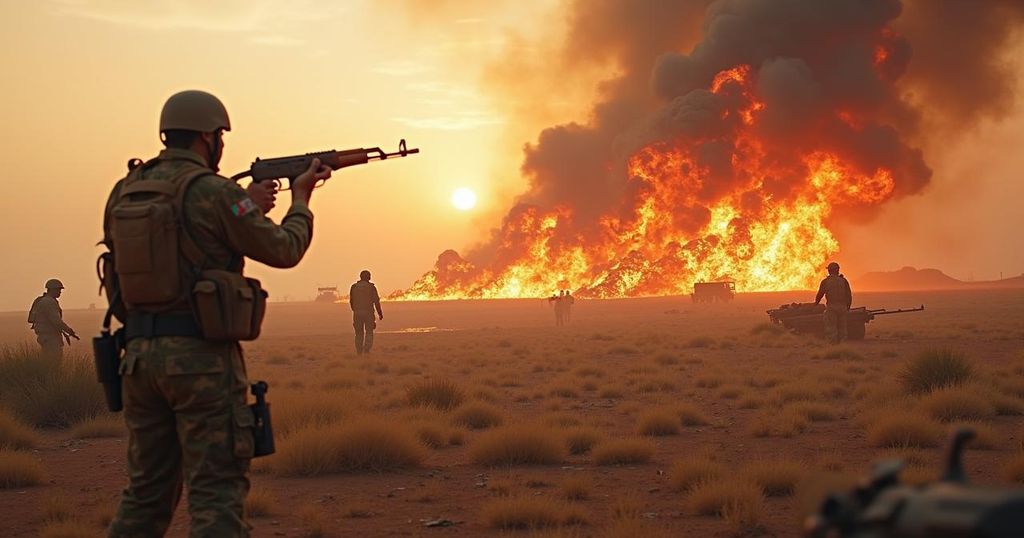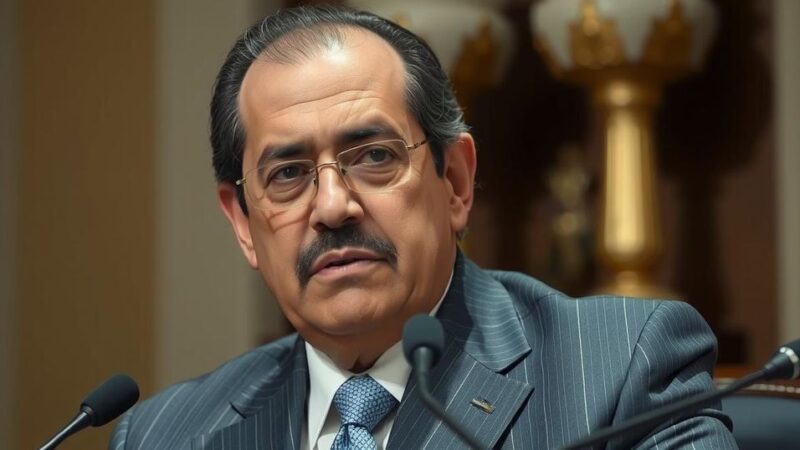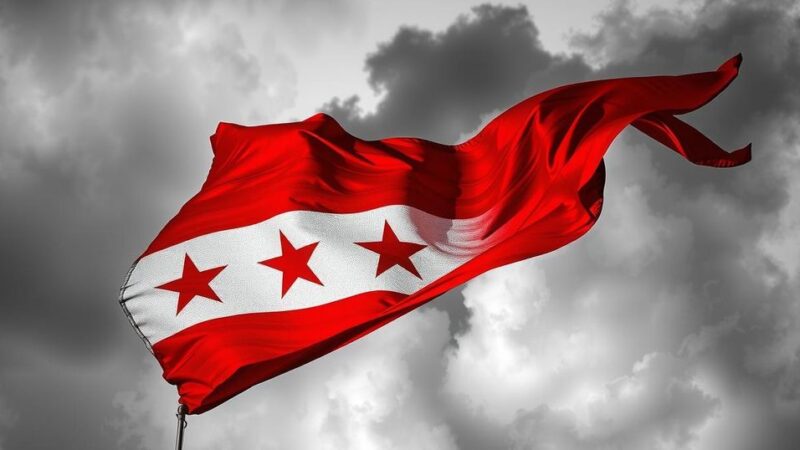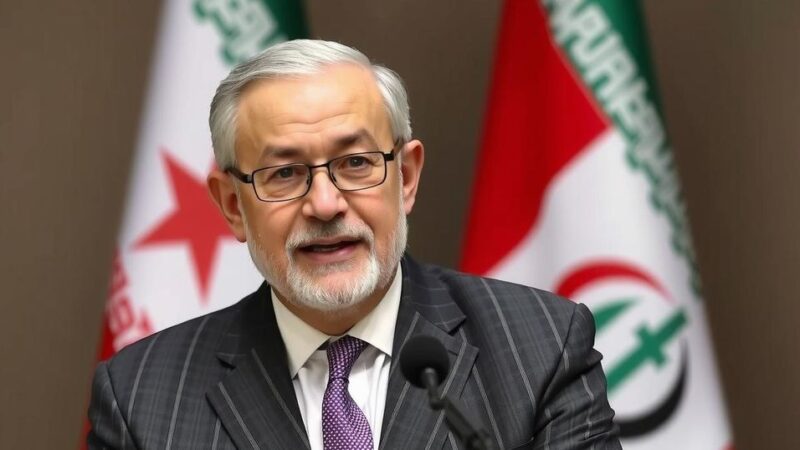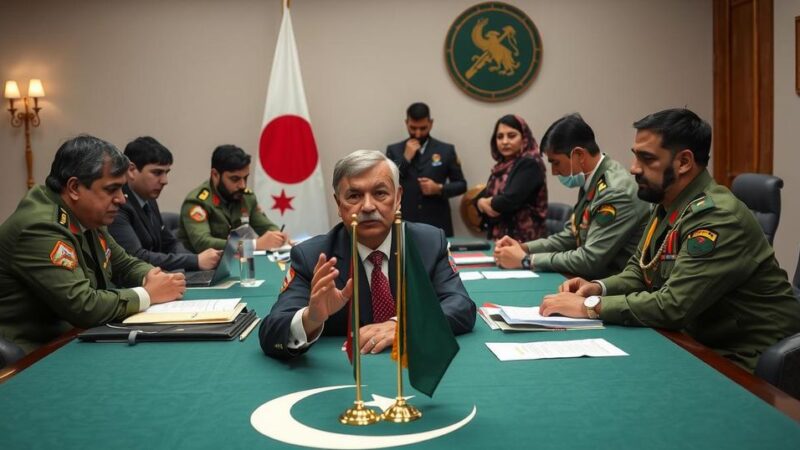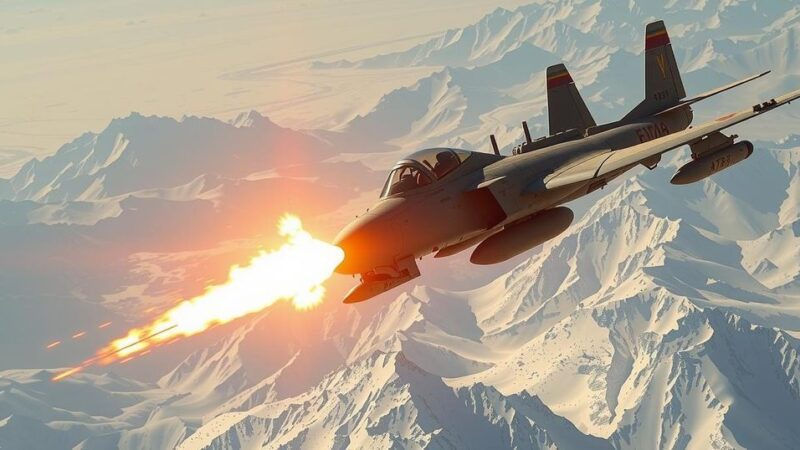Egypt has denied accusations of military involvement in Sudan’s conflict, emphasizing its commitment to protecting civilians and resolving the war. The denial follows claims made by RSF leader Mohamed Hamdan Dagalo, who alleged that Egyptian fighter jets struck RSF positions in October. The Sudanese army has been regaining territory from the RSF since September, amidst a conflict that has resulted in tens of thousands of deaths and millions displaced.
In a recent statement issued by Egypt’s Ministry of Foreign Affairs, the government firmly denied any involvement in the ongoing conflict in Sudan, asserting that it remains impartial in the matter. The ministry emphasized that Egypt’s primary concern is to facilitate a cessation of hostilities and safeguard the civilian population affected by the war. The statement highlighted that “These allegations come amid intensive Egyptian moves to stop the war, protect civilians, and strengthen the international response to humanitarian relief plans.” The denial follows claims made by the leader of the Rapid Support Forces (RSF), Mohamed Hamdan Dagalo, commonly referred to as Hemedti. In a video address, he alleged that his troops had been targeted by Egyptian fighter jets and drones during their operations in the Jabal Moya mountain region, which spans the states of Sennar, Al-Jazirah, and White Nile. Hemedti specifically mentioned that Sukhoi 29 aircraft belonging to Egypt had conducted bombings on RSF positions on October 5, facilitating a resurgence of the Sudanese army in that area. This accusation is not unprecedented, as Hemedti has previously suggested possible Egyptian involvement in the Sudanese conflict, despite facing allegations himself regarding the procurement of weaponry from the United Arab Emirates. Since mid-September, the Sudanese army has been advancing against the RSF, reclaiming strategic territories. Sudan’s military leader, Abdel Fattah al Burhan, has set demobilization of rebel forces as a prerequisite for any peace discussions. The conflict in Sudan, which is now in its second year, has had devastating consequences, resulting in the deaths of tens of thousands and displacing over 10 million individuals from their homes. Both factions have been accused of extensive human rights violations and atrocities throughout the duration of the conflict.
The conflict in Sudan began in April 2023, resulting from power struggles between the Sudanese military and the RSF, a paramilitary group led by Hemedti. As fighting erupted in various regions, it quickly escalated, leading to a humanitarian crisis with widespread displacement and loss of life. Egypt’s history of involvement in Sudanese affairs and its strategic interests in the region have made it a focal point of allegations regarding external interference in the conflict. This context is essential for understanding the implications of Egypt’s denial and the ongoing tensions within Sudan.
In conclusion, Egypt has publicly disavowed any claims of military involvement in Sudan’s conflict, underscoring its emphasis on humanitarian efforts and the cessation of violence. The ongoing hostilities mark a significant humanitarian crisis, and the allegations raised by RSF leaders reflect the complex interplay of regional politics and military engagement in the conflict. The situation remains dire, with significant implications for both civilian safety and regional stability.
Original Source: www.africanews.com

